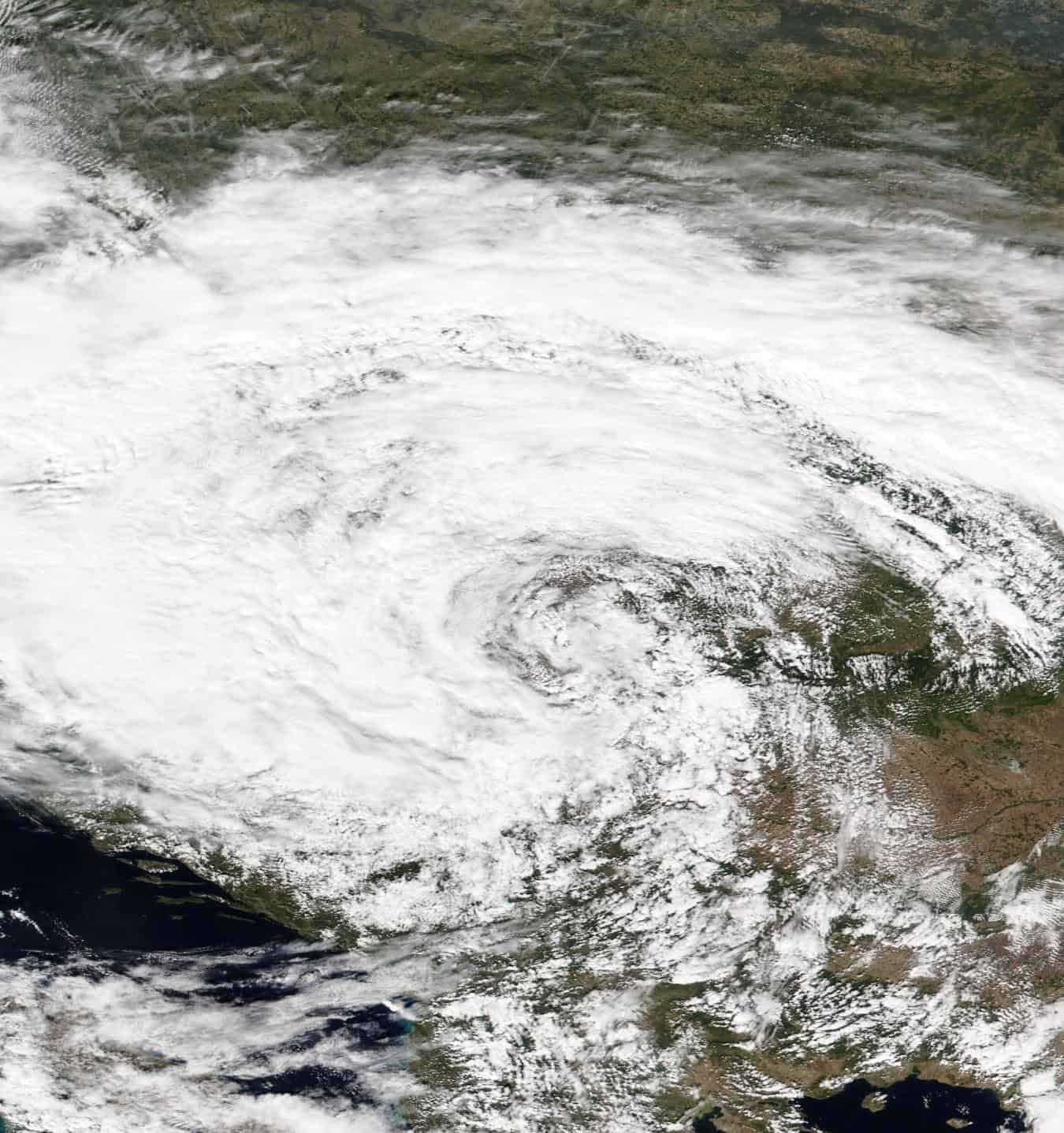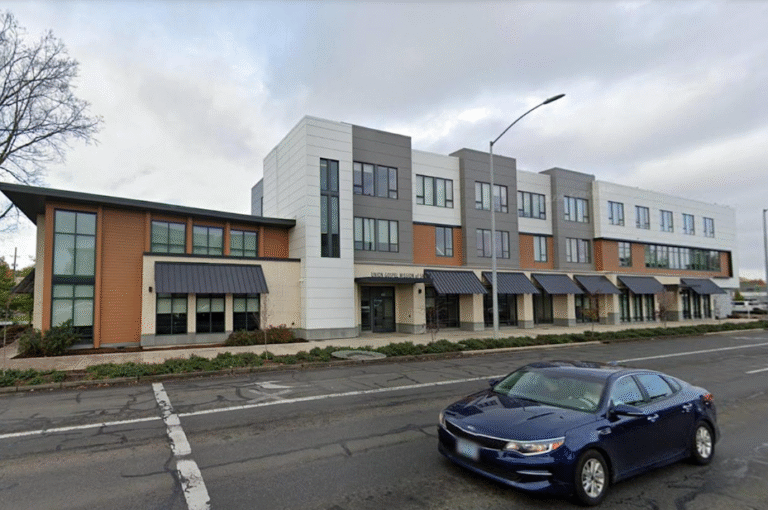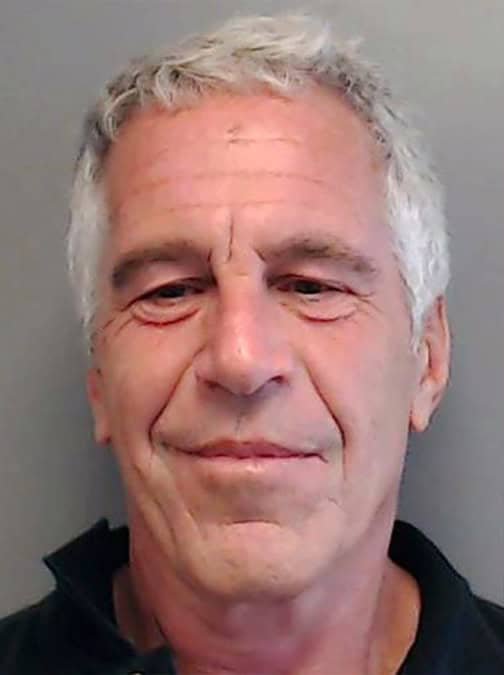
Storm Boris has unleashed devastating floods across Central and Eastern Europe, claiming lives and causing widespread destruction. A firefighter died during a rescue operation in Austria, while one person drowned in Poland. In Romania, five fatalities have been reported, and several remain missing in the Czech Republic.
The Austrian province surrounding Vienna has been declared a disaster area, with leaders describing the situation as “unprecedented.” Poland’s Prime Minister Donald Tusk has declared a state of natural disaster.
Heavy rainfall has battered the Czech Republic, with some regions experiencing rainfall equivalent to three months’ worth in just three days. Evacuations are underway, and four people are missing—three from a car swept into a river in North Moravia, and one man carried away by a flooded stream in South Moravia.
Marek Joch, a resident of Lipov, described the town as “closed from all sides,” noting that the “next wave” of flooding is still anticipated. “We must clean up quickly to prevent further damage,” he said. “We have to endure until Tuesday. This is not over yet.”
Jesenik, a town in the Jeseniky mountains, is completely cut off, with roads and rail lines submerged. Around 17,000 people in the Kłodzko area are without power, and communication networks are down.
In Prague, police and firefighters were dispatched to rescue a man who was swimming in the flooded Vltava River. On Saturday, police in North Moravia responded to reports of three men wading into the flooded River Odra on paddleboards.
In the Romanian village of Slobozia Conachi, 700 homes have been inundated. Mayor Emil Dragomir called it a “catastrophe of epic proportions.” Four people died on Saturday, with a fifth confirmed on Sunday.
In Austria, Governor Johanna Mikl-Leitner reported that a firefighter lost his life while pumping out a flooded cellar. The entire Lower Austria province has been declared a catastrophe zone. Multiple train services have been canceled, parts of the Vienna underground are closed, and at least one motorway is flooded. Chancellor Karl Nehammer described the storm situation as “very serious.”
In Poland’s Stonie Slaski, a breached dam has released water that destroyed homes, and a collapsed bridge has exacerbated flooding. The Polish Ministry of Defence reported that soldiers supporting local residents are cut off from their land route.
In Glucholazy, the mayor said the local river had overflowed, flooding the town. Resident Zofia Owsiaka expressed fear and despair over the persistent rain. In Krakow, residents have been provided with sandbags for protection.
In Klodzko, another severely affected area, Tusk reported that 1,600 people had been evacuated and 17,000 were without power. Starlink satellites are being used to maintain communication, and a helicopter has been deployed for rescue operations in Wroclaw.
The mayor of Klodzko declared that the town had “lost the battle” against the floods, with the situation deemed “critical.”
Storm Boris has brought extreme rainfall to Central and Eastern Europe, with forecasts predicting more downpours until at least Monday. The storm’s severity is due to a combination of cold air from the north mixing with moisture from unusually warm Mediterranean and Black Sea waters. A persistent low-pressure system, trapped between high-pressure areas, has further intensified the storm.
Following severe flooding in 2021, the World Weather Attribution Network has linked increased climate warming to the growing intensity and likelihood of such extreme weather events in Europe.






